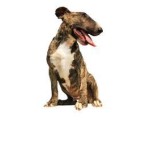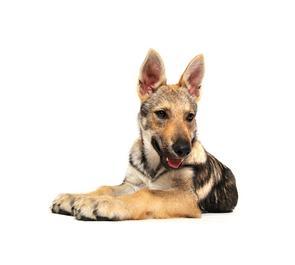If you think that your dog may be suffering from dog allergies, then it is important to familiarize yourself with the common dog allergy symptoms. Depending on what type of dog allergies your pet suffers from, the symptoms may vary slightly. Here are some of the common dog allergy symptoms to be on the look out for:
Itching
Itching is a common sign for dog skin allergies, flea allergies and dog food allergies. If your dog is particularly itchy, you will notice him chewing, biting, licking or gnawing at certain parts of his or her body. Where the biting occurs may help indicate if your dog is suffering from dog skin allergies or dog food allergies. The most common areas where you will find your dog itching is:
Abdomen
Paws
Face
Ears
Hindquarters and groin
When it comes to dog allergy symptoms, dogs do tend to lick the affected or “allergic” areas. Flea allergies usually result in the dog trying to itch and scratch his back and hindquarters. Contact allergies will result in excessive itching in areas where the dog has less hair coverage, such as the arm pits and the abdomen. Atopic allergies will usually result in your dog trying to scratch his face, feet and chest.
Raw Paws
For a dog that has been gnawing on his or her paws, you will notice that the paws usually have a reddish brown color, and they may appear raw or, in more severe cases, they may even be bloody.
Sneezing
Of the dog allergy symptoms, sneezing is usually the number one sign of any sort of atopic (inhalant-related) allergies, though in rare cases it can be a sign of your dog suffering from contact allergies. Sneezing is usually accompanied with a clear discharge that may be coming from the eyes or the nose.
Diarrhea
Diarrhea can be a sign for many different dog diseases and illnesses, but it can also be a one of the most telling of the dog allergy symptoms that will let you know that your dog is suffering from a food allergy. If you suspect your dog is suffering from dog food allergies, switch to a more bland type of food and see if that makes any difference to his stools. Dog food allergies also are usually accompanied by itching and scratching, and occasionally lethargy and fatigue.
To know more on dog allergy symptoms, dog food allergies or other dog health related information you’re welcome to visit Nil’s blog at Dog-Health-24.info.
Article from articlesbase.com
Related Dog Allergies Articles


